Приказ основних података о документу
Plant growth promoting Halomonas from roots of halophytes as a strategy to improve crop resistance to soil salinity
| dc.creator | Dragojević, Milica | |
| dc.creator | Đokić, Lidija | |
| dc.creator | Stanković, Nada | |
| dc.creator | Raičević, Vera | |
| dc.creator | Karličič, Vera | |
| dc.creator | Lalević, Blažo | |
| dc.creator | Jovičić-Petrović, Jelena | |
| dc.date.accessioned | 2023-12-15T13:02:22Z | |
| dc.date.available | 2023-12-15T13:02:22Z | |
| dc.date.issued | 2023 | |
| dc.identifier.isbn | 978-86-7078-178-8 | |
| dc.identifier.uri | http://aspace.agrif.bg.ac.rs/handle/123456789/6605 | |
| dc.description.abstract | Increased soil salinity has numerous negative effects on plant growth and poses a significant threat to agricultural productivity worldwide. The diversity of endophytic bacterial communities found in various indigenous halophytes such as Salicornia europaea, Suaeda maritima, and Camphorosma annua, may reveal beneficial bacteria with various plant growthpromoting (PGP) properties. Members of Halomonas, the largest genus of the family Halomonadaceae, are rod-shaped, gram-negative, moderately halophilic bacteria that have been increasingly isolated from various saline environments, including halophyte tissues. As part of the halophytic microbiota, halotolerant plant growth-promoting endophytic bacteria can contribute to plant host growth, productivity, and fitness under abiotic and biotic stresses. The use of halotolerant PGP bacteria represents a good alternative strategy to mitigate the effects of salt stress in crops and to recover saline soils. The aim of this study was to isolate halotolerant bacteria from halophyte roots, and evaluate their PGP ability and their effect on germination parameters of selected crops. The endophytic bacterial communities in the roots of halophytes from natural saline soil in Slano Kopovo (Serbia) were analyzed using culture-dependent techniques. The genus Halomonas was the predominant among the halotolerant root-associated bacteria of analyzed halophytes. We have isolated seven Halomonas sp. strains, six of which were closely related (>99,86% similarity) to Halomonas songnenensis, a moderately halophilic bacterium from saline and alkaline soils. Obtained isolates were tested at different sodium chloride concentrations for a range of PGP traits at different concentrations of sodium chloride. The selected strains were used to inoculate seeds iand monitor of the germination process of barley, sunflower, and wheat under conditions of elevated salinity. Most of the isolates tolerate the NaCl concentration up to 18% and showed multiple PGP features with some of them retained even in the presence of additional salt concentrations. The germination test results showed that Halomonas seed inoculation positively affected barley germination parameters in conditions with and without added salt. The observed traits can be further exploited to improve plant growth and augment the salt tolerance of agricultural production on saline soils. | sr |
| dc.language.iso | en | sr |
| dc.rights | openAccess | sr |
| dc.rights.uri | https://creativecommons.org/licenses/by/4.0/ | |
| dc.source | ICGEB WORKSHOP, TRENDS IN MICROBIAL SOLUTIONS FOR SUSTAINABLE AGRICULTURE | sr |
| dc.subject | halophytes | sr |
| dc.subject | Halomonas | sr |
| dc.subject | endophytes | sr |
| dc.title | Plant growth promoting Halomonas from roots of halophytes as a strategy to improve crop resistance to soil salinity | sr |
| dc.type | conferenceObject | sr |
| dc.rights.license | BY | sr |
| dc.identifier.fulltext | http://aspace.agrif.bg.ac.rs/bitstream/id/25181/bitstream_25181.pdf | |
| dc.identifier.rcub | https://hdl.handle.net/21.15107/rcub_agrospace_6605 | |
| dc.type.version | publishedVersion | sr |


